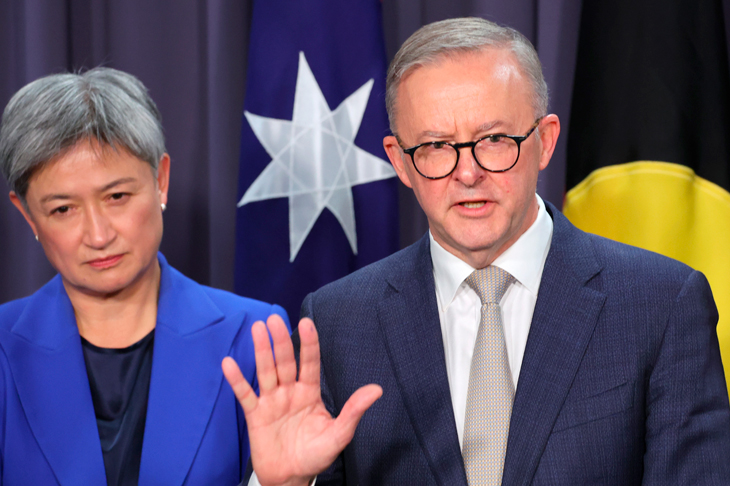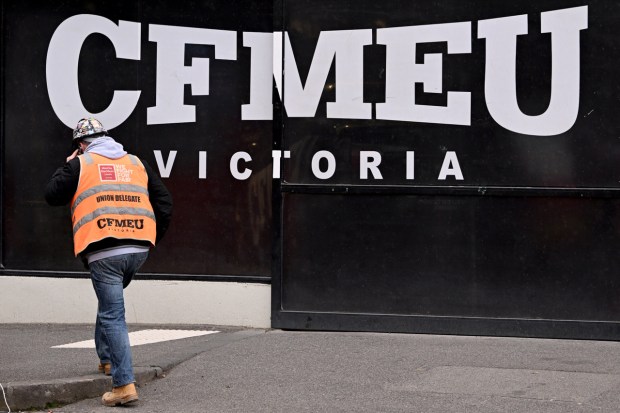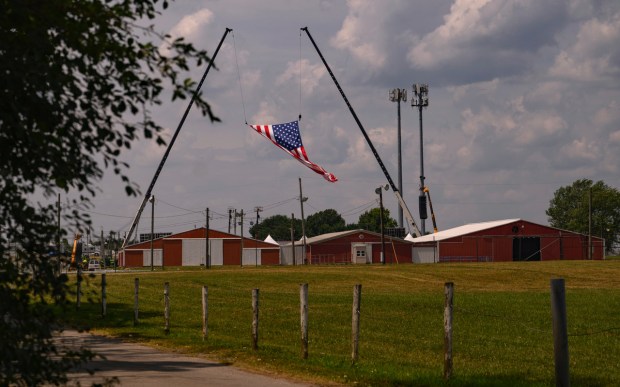When Australians eventually reach the Pearly Gates they may, whatever their earthly sins, finally receive some redemption for their efforts to save the world from climate change. After decades of persecution for not doing enough they may at last be recognised for doing more than most.
As the rest of the world suffers collective amnesia, Australia faithfully continues its missionary work to achieve its 2030 and 2050 Paris and Glasgow emission reduction delusions.
Already a subscriber? Log in
Subscribe for just $2 a week
Try a month of The Spectator Australia absolutely free and without commitment. Not only that but – if you choose to continue – you’ll pay just $2 a week for your first year.
- Unlimited access to spectator.com.au and app
- The weekly edition on the Spectator Australia app
- Spectator podcasts and newsletters
- Full access to spectator.co.uk
Or
Unlock this article
You might disagree with half of it, but you’ll enjoy reading all of it. Try your first month for free, then just $2 a week for the remainder of your first year.












Comments
Don't miss out
Join the conversation with other Spectator Australia readers. Subscribe to leave a comment.
SUBSCRIBEAlready a subscriber? Log in